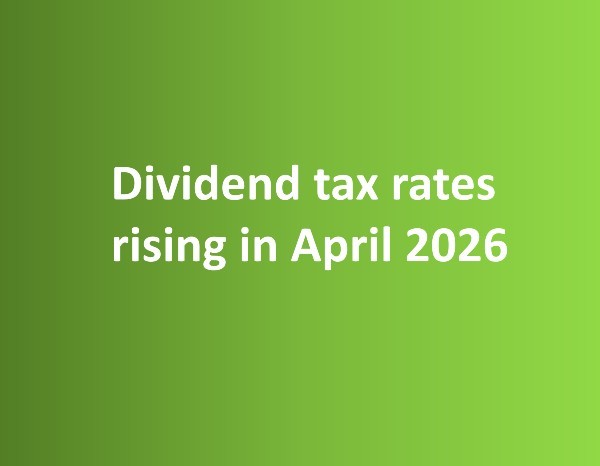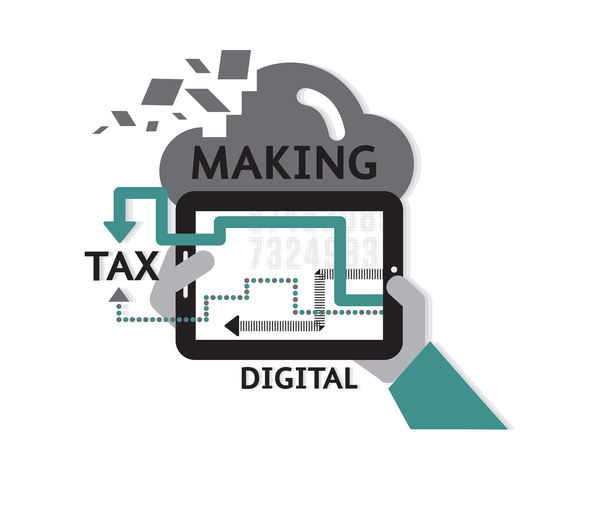
Tax relief is generally available on pension contributions at the highest rate of income tax for which a taxpayer is liable, meaning that basic rate taxpayers get relief on contributions at 20%, higher rate taxpayers at 40%, and additional rate taxpayers at 45%. In Scotland, income tax is banded differently, and pension tax relief is applied in a slightly different way.
Pensions are a particularly tax-efficient form of savings since nearly everyone is entitled to receive relief on contributions up to an annual maximum regardless of whether they pay tax or not. The maximum amount on which a non-taxpayer can currently receive basic rate tax relief is £3,600. So, an individual can pay in £2,880 a year, but £3,600 will be the amount invested by the pension provider.
The total amount of tax relief available on pension contributions is calculated with reference to ‘relevant UK earnings’. Unfortunately, for pension contribution purposes, dividends do not count towards these earnings. This means that in the case where a director takes remuneration by way of a small salary and a large dividend, the dividend will not count, and the individual’s pension tax relief limit may be restricted. Moreover, tax charges will apply if the limit is exceeded.
A director looking to increase their tax-free contributions limit could consider either increasing the amount of salary taken from the company (to increase ‘relevant UK earnings’) or making the pension contribution directly from the company as an employer contribution. Making an employer contribution has additional advantages.
Qualifying employer contributions count as allowable business expenses, so the company could currently save up to 19% in corporation tax. In order to qualify for a deduction, the pension contributions should be ‘wholly and exclusively’ for the purposes of business. HMRC will check for evidence that this is the case, for example, whether other employees are receiving comparable remuneration packages.
Another advantage of making a company contribution is that employer National Insurance Contributions will not be payable, saving the company up to 13.8% on the contribution amount.
This means that the company can potentially save up to 32.8% by paying money directly into your pension rather than paying money in the form of a salary. Depending on circumstances, this may or may not be more beneficial than paying personal pension contributions.
The information provided in this blog is for general informational purposes only and should not be considered professional advice. As far as we are aware, the content is accurate at time of publication. Torgersens assumes no responsibility for errors or omissions in the content or for any actions taken based on the information provided.



.jpg)




